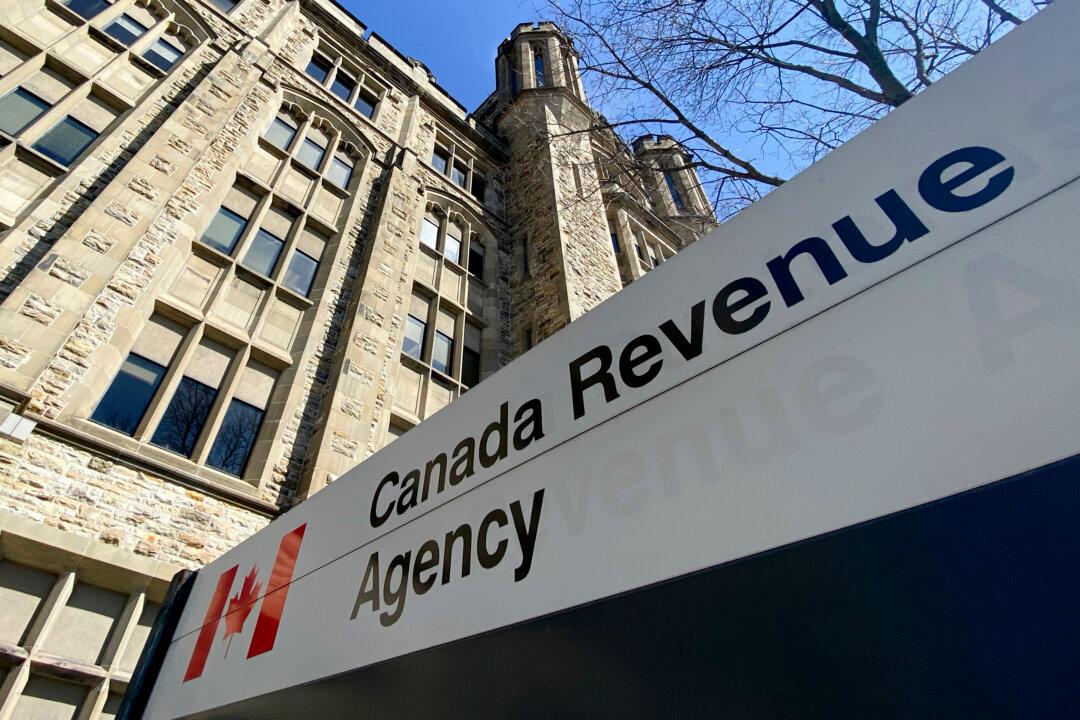Canada has dropped two spots on an international tax competitiveness index, in part due to Ottawa’s raising of the capital gains inclusion rate this year.
Canada fell from 15th place in 2023 to 17th this year among the 38 Organisation for Economic Co-operation and Development (OECD) countries analyzed, said the annual report from the International Tax Foundation. The foundation analyzes changes in countries’ tax systems of each country it rank and grades them on competitiveness and neutrality.





